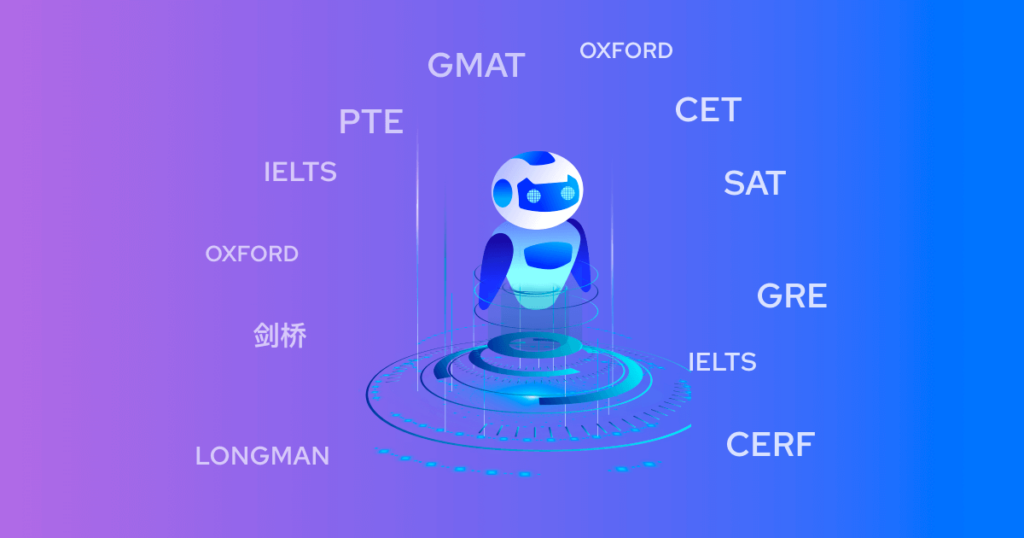
Different Ways of Greeting Someone in English
Learning different ways to greet someone is extremely useful for engaging in conversations. Let’s explore some common types of greetings:
- Good morning: A formal greeting used in the morning until 12 p.m.
- Good afternoon: A formal greeting used from 12 p.m. until 6 p.m.
- Good evening: A formal greeting used after 6 p.m.
- Good night: Used when going to bed.
- Hello / Hi: Used when seeing someone.
- Bye: Used when leaving.
- How are you?: Asking about someone’s well-being.
- Please: A polite word to add to a request.
- Thank you: A response to receiving something.
- Have a nice day!: A wish for someone’s well-being.
Question Words
Here are some frequently used question words that will help you ask and provide information:
- What: Used to ask about a thing (e.g., name).
- Which: Used to ask about a choice between a limited number of things.
- Who: Used to ask about a person.
- How: Used to ask about the way to do something.
- When: Used to ask about a date or time.
- Where: Used to ask about a location.
- Why: Used to ask about the reason.
For example:
- What’s your name?
- Which is your jacket? This one?
- Who is your best friend?
- How do you get to work? By bus.
- When is your birthday?
- Where are you from?
- Why are you studying English? Because it’s important for my job.
This and That
Here are some useful words for describing things:
- There: Used to describe a place. For example: There is a post office near here.
- This: Indicates a thing near you. For example: This is my office.
- That: Indicates a thing not near you. For example: That office over there belongs to my boss.
Common Verbs in English
The most essential part of a phrase is the verb. Verbs allow you to describe movements, feelings, states, and events. Here are some of the most common ones:
- Come: Move to this place.
- Do: Complete an action.
- Go: Move from one place to another.
- Have: Possess something.
- Help: Give assistance.
- Like: Have a good opinion of a person or thing.
- Live: Have your home.
- Need: Have a necessity.
- Think: Have an opinion.
- Can: Be able to / have an ability.
For example:
- I can come tomorrow.
- We like our teacher.
- Where do you live?
- Can youhelp me with this exercise?
- I think you’re right.
Expand Your Vocabulary
Now that you have learned some English vocabulary, it’s time to practice it during your next trips abroad. Here are some additional words you can try using:
- Accommodation: The place where you stay, e.g., a hotel.
- Flight: A journey on a plane.
- Arrival: The moment of arriving at your destination.
- Departure: The moment of leaving.
- Baggage allowance: The maximum weight of luggage you can take.
- Delay: When transport leaves later than scheduled.
- Passenger: A person traveling on transport.
- Destination: The place you are going to.
- Passport: The document you need to enter another country.
- Downtown: The center of a city.
For example:
- My favorite type of accommodation on holiday is a B&B. It’s cheap and comfortable.
- The baggage allowance for this flight is 15 kgs.
- I missed my flight! I’ll have to catch the next one.
- What is your destination today, Sir? I’m going to New York.
- I’ve got to go downtown later. Let’s meet for dinner.
- There was a long delay to our flight due to bad weather.
Knowing vocabulary is fundamental for effective communication in English. While grammar is important, without the right words, you can easily find yourself stuck. Start by learning the useful words mentioned above and practice using them in conversations. Remember, recognizing a word and being able to apply it during a conversation are two different skills, so practice is key!
Improve Your Vocabulary with Scitudy.com
If you want to expand your vocabulary further and practice using these words in context, you can try out scitudy.com. It’s an excellent platform for learning English words and phrases. They offer a wide range of word libraries, including basic vocabulary as well as specialized ones like PTE and IELTS.
Scitudy.com provides a one-click import feature, allowing you to quickly import word lists according to the Common European Framework of Reference for Languages (CEFR) levels, such as A1 and A2.
One of the remarkable features of scitudy.com is its ability to track your learning progress automatically. This way, you can monitor your development and identify areas that require more focus.
Don’t hesitate to give scitudy.com a try and enhance your English vocabulary in an interactive and efficient manner!
We also have AI teacher to answer your questions about English.

Leave a Reply